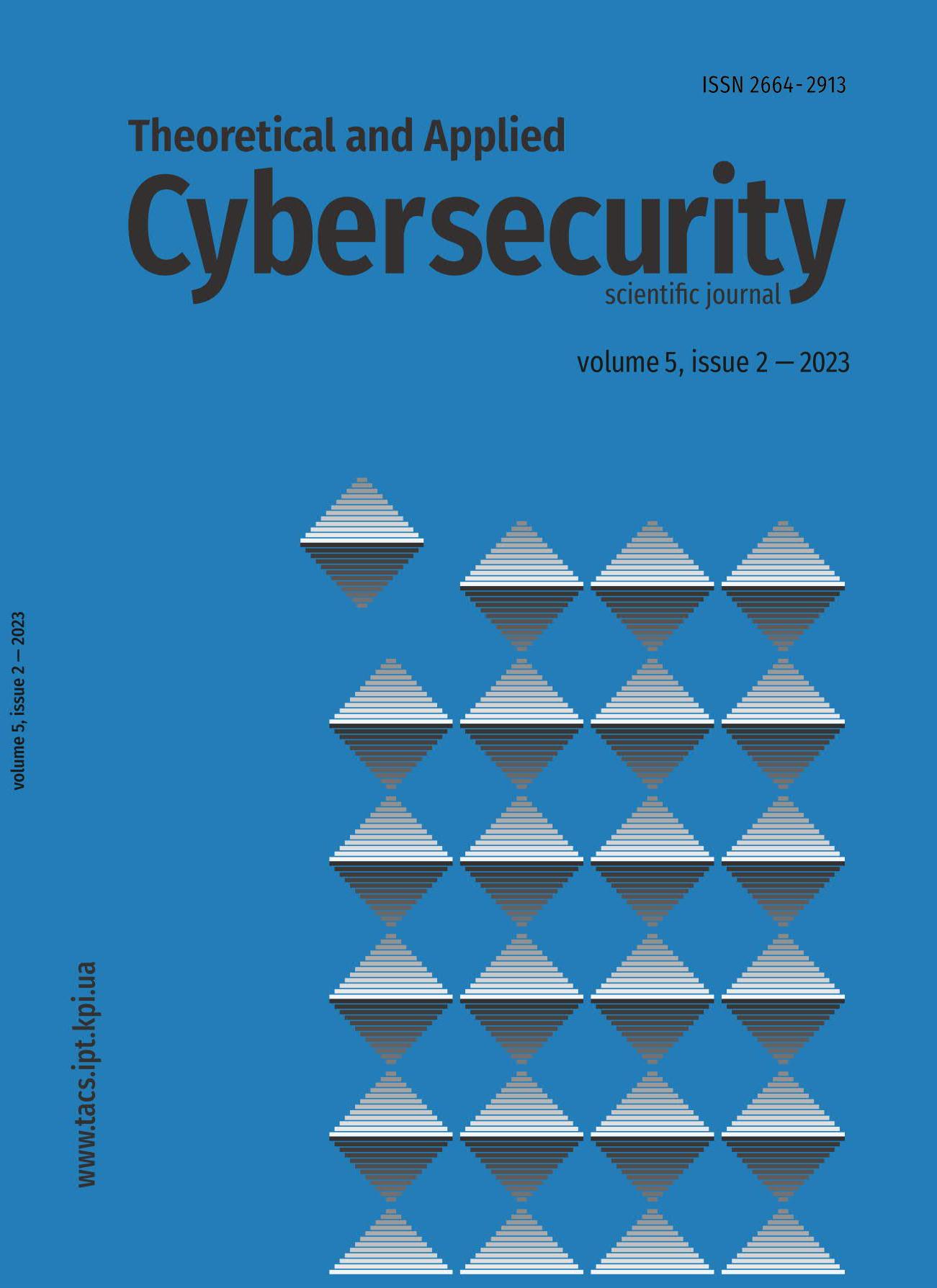Method of Security Improvement for MST3 Cryptosystem Based on Automorphism Group of Ree Function Field
DOI:
https://doi.org/10.20535/tacs.2664-29132023.2.290414Abstract
This article is a part of a research endeavor focused on creating a quantum-resistant cryptosystem for secure encryption and decryption. Our approach employs a challenging word problem while emphasizing cost-effective implementation. Previous research has involved the development of encryption schemes based on high-order groups, offering potential security enhancements. The choice of the non-abelian group is a critical factor in shaping the encryption algorithms, feasibility of implementation, and system parameters. Our central objective is to design a cryptosystem that effectively thwarts quantum cryptanalysis. To achieve this, we employ a logarithmic signature along with a random cover across an entire finite non-abelian group. Our unique contribution lies in optimizing finite group selection, parameters, and circuit solutions for the logarithmic signature to meet specific security and implementation criteria. Within this paper, we introduce an encryption scheme utilizing automorphisms of the Ree functional field and propose a method for enhancing resistance to cryptanalysis through the binding of session keys.
Downloads
Published
Issue
Section
License
Authors who publish with this journal agree to the following terms:
Authors retain copyright and grant the journal right of first publication with the work simultaneously licensed under a Creative Commons Attribution License that allows others to share the work with an acknowledgement of the work's authorship and initial publication in this journal.
Authors are able to enter into separate, additional contractual arrangements for the non-exclusive distribution of the journal's published version of the work (e.g., post it to an institutional repository or publish it in a book), with an acknowledgement of its initial publication in this journal.
- Authors are permitted and encouraged to post their work online (e.g., in institutional repositories or on their website) prior to and during the submission process, as it can lead to productive exchanges, as well as earlier and greater citation of published work (See The Effect of Open Access).

